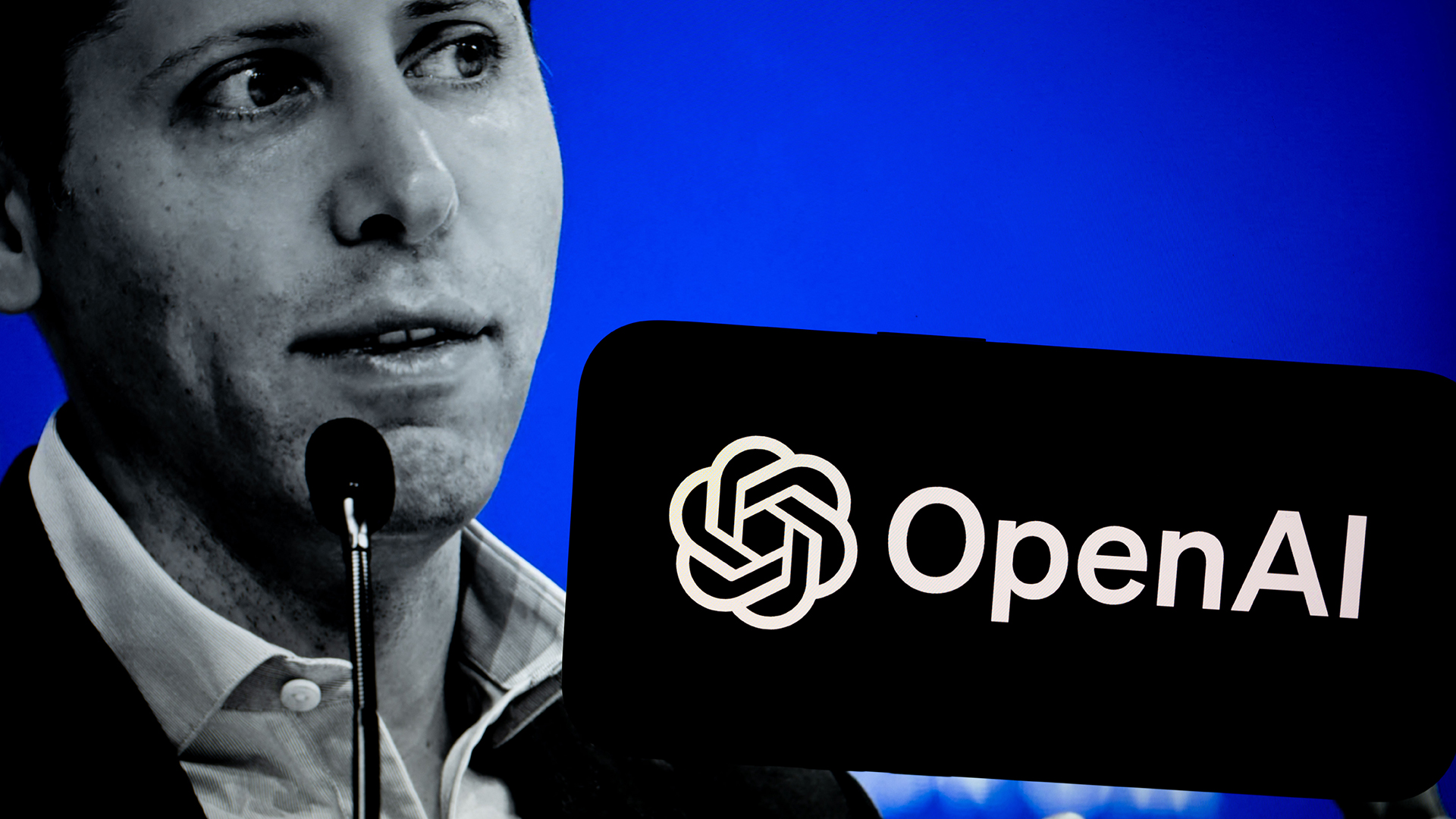Storage Expo: BT turns own data storage green
The company has translated research findings into practical carbon assessment and reduction services.


BT has launched new 'green' data storage consulting services as part of its evolving business in this area.
It has carried out research into the energy consumption, efficiency and carbon footprint of four of its own data centres, two of which are UK-based and two are located offshore in Holland.
Speaking at this week's Storage Expo event in London, the communications giant shared best-practice advice drawn from the research findings with delegates based on its experiences, which it will also use to augment the services it offers in this area.
And BT is in a better position than most to comment on data centre efficiency, as head of BT Global Services, Craig Parker told IT PRO.
A staggering couple of statistics he shared were that BT is the UK's largest electricity consumer, using 0.7 per cent of the country's annual supply. And BT spends 120 million per year on running its infrastructure, including it power-hungry data centres.
"It's not only in our business interests to reduce our consumption, but the expertise we gain in doing so can be shared with our customers, especially as many of them use our data centres," said Parker.
Parker said the findings of the BT data centre research enabled the company to "come up with a number of strategies to reduce its carbon footprint." First and foremost, it recently signed a new electricity contract that assures 98 per cent of its energy supply comes from renewable resources.
Sign up today and you will receive a free copy of our Future Focus 2025 report - the leading guidance on AI, cybersecurity and other IT challenges as per 700+ senior executives
Then, he added: "The first thing involved in carbon analysis is the discovery, where we use our asset discovery tools to find out precisely what components are consuming power.
"Once we know what we're dealing with, we can move in a couple of directions: consolidation and reduction of the number of physical assets using enabling technologies like virtualisation; or analysing the information stored on those assets, by drilling down to identify data duplication or age profiling, for instance."
In this way, Parker explained BT is also working to reduce the amount of power its own data centres use. "We've also discovered a lot of savings can be gained by making sure your data centres are running at the right temperature," he said.
"You can make sure your data centre design is working correctly, so hot and cool aisles are properly segregated. Inefficient cooling can consume unnecessary power. But we also found there is greater flexibility to run most servers at two degrees more or less than the manufacturer's recommended running temperature without affecting performance."
A 25-year veteran enterprise technology expert, Miya Knights applies her deep understanding of technology gained through her journalism career to both her role as a consultant and as director at Retail Technology Magazine, which she helped shape over the past 17 years. Miya was educated at Oxford University, earning a master’s degree in English.
Her role as a journalist has seen her write for many of the leading technology publishers in the UK such as ITPro, TechWeekEurope, CIO UK, Computer Weekly, and also a number of national newspapers including The Times, Independent, and Financial Times.
-
 2025 marked the beginning of the end for OpenAI
2025 marked the beginning of the end for OpenAIOpinion OpenAI has its fingers in too many pies and it’s rapidly losing favor with consumers and enterprises alike
-
 The changing role of the MSP: What does this mean for security?
The changing role of the MSP: What does this mean for security?Industry Insights Smaller businesses are more reliant on MSP support, but this also puts providers under increased scrutiny...
